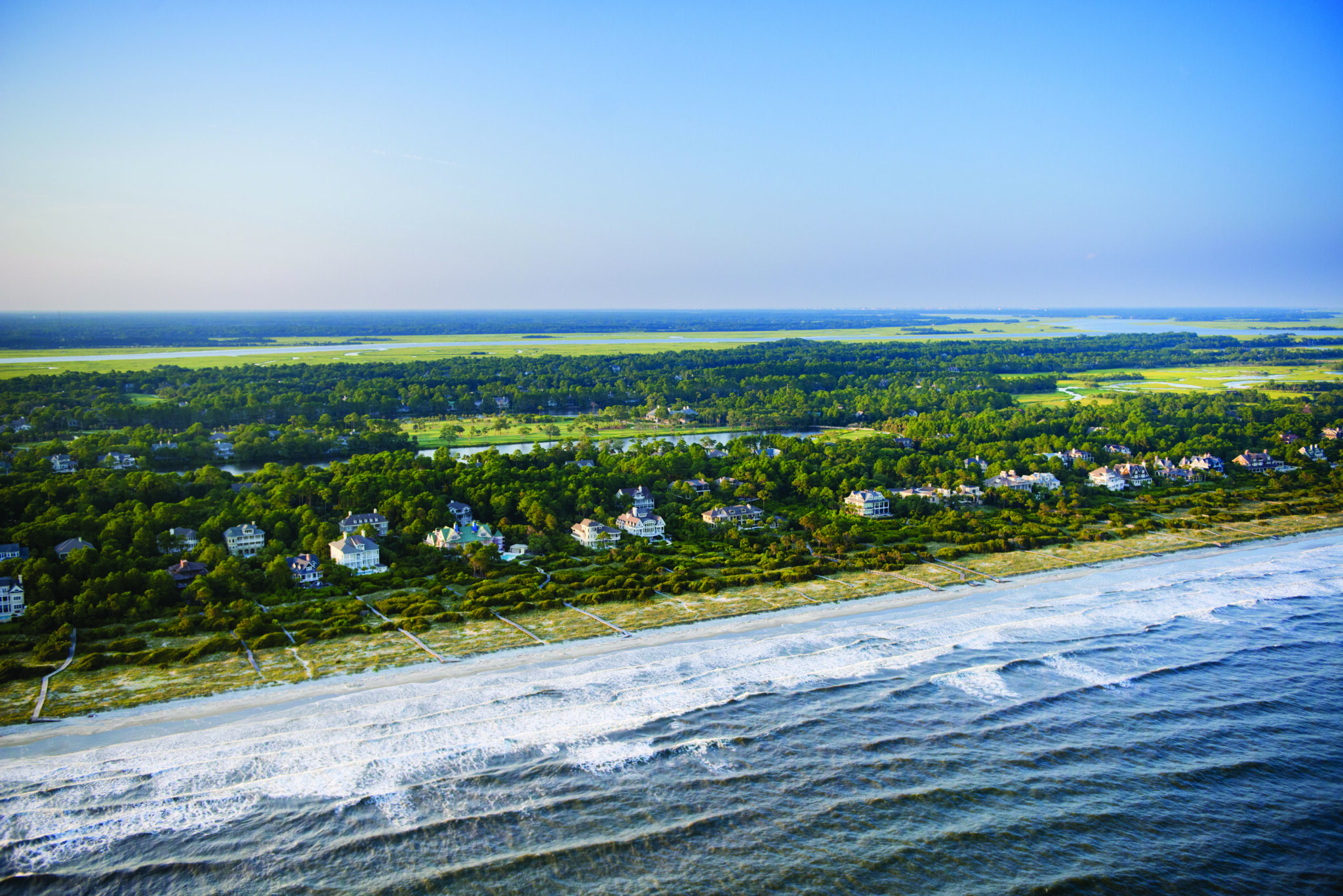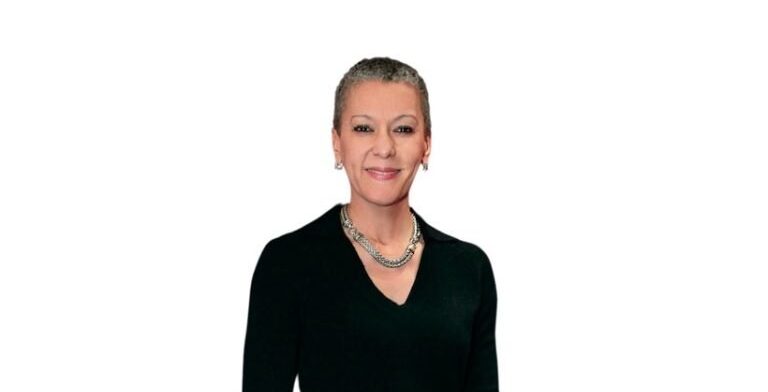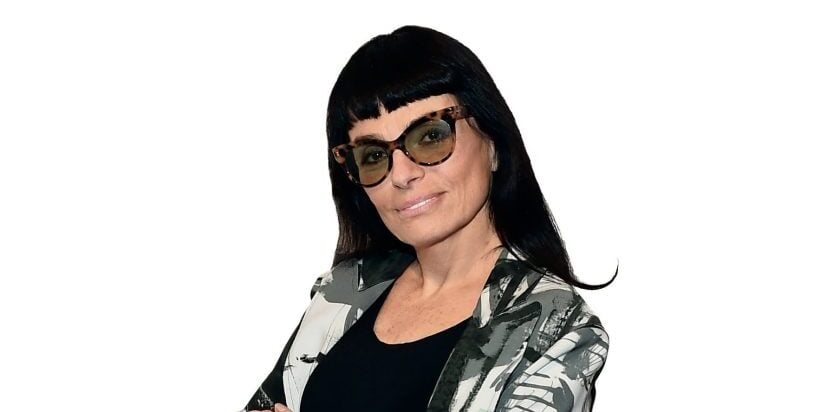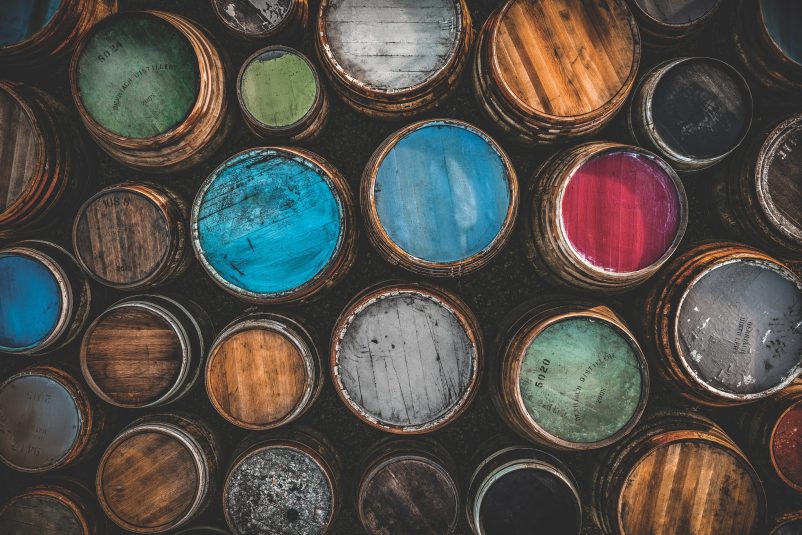Architect and planner Mark Permar, who has lived on Kiawah Island in South Carolina since the 70s, still remembers the moment he really experienced Kiawah’s beauty. It was 1974 and he was visiting the 10,000-acre barrier island, some 25 miles south of Charleston, for the first time with his wife Diana, a market researcher on Kiawah’s incoming development team. While the developers met to work on a master plan, Permar recalls, “they gave me the keys to an old Land Rover Discovery and said, ’Drive around. If you get lost, listen for the ocean. You can drive home from there.”
Permar did get lost, so he followed the advice and pulled over on a beach road to get his bearings. When he stepped out of the car, he was overwhelmed—the ocean, the beach and dunes, the birds overhead, the island’s majestic solitude.

“I’m going to tear up,” Permar says now, almost 50 years later. “It just took my breath away.”
Kiawah has changed since then, of course: The island now has several thousand homes and top-notch amenities such as seven outstanding golf courses, including two of the top private courses in the country at the center of the Kiawah Island Club. Still, you can’t visit the island without feeling immersed in nature—the lush trees and undergrowth, the Atlantic Ocean, unspoiled beaches and rivers, wetlands and marshes, all home to some 20 species of mammals, over 250 species of migratory and resident birds, and about 40 species of reptiles, according to the Kiawah Conservancy, a preservation group founded by residents.
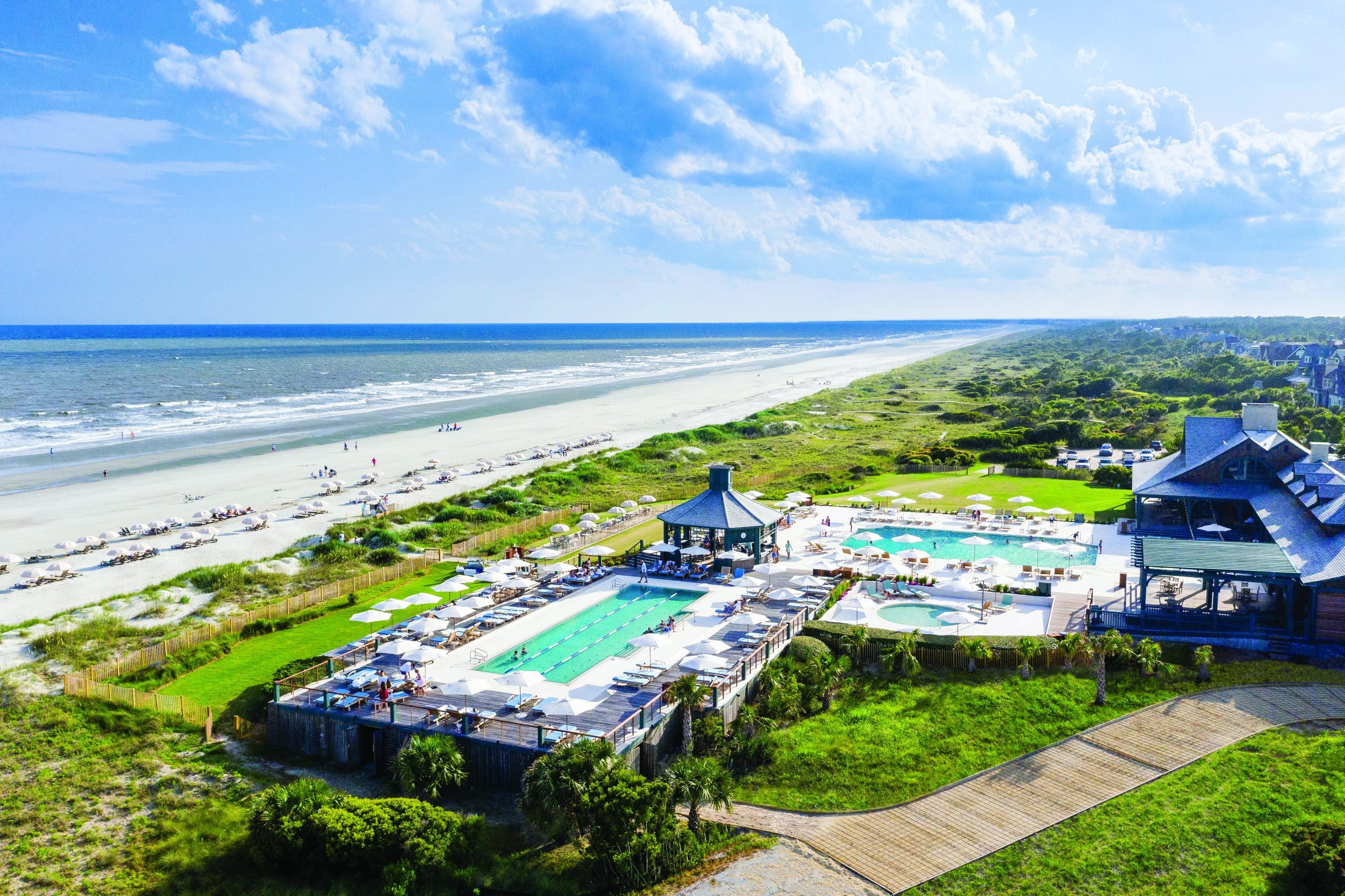
Kiawah’s success stems from the long-term work of many committed stakeholders. For the past decade, much of it comes from the stewardship of a small private equity real estate investment firm called South Street Partners, which bought a sizeable part of the island in 2013. South Street is a low-key group that isn’t well-known in all circles yet. The places in which it’s invested, however, are very well-known: In South Carolina, Kiawah Island and Palmetto Bluff, on the coast between Charleston and Savannah, GA.; in North and South Carolina, The Cliffs, a collection of seven luxury private golf communities; in Middleburg, Va., Residences at Salamander, a community adjacent to the five-star resort; in northern Georgia, Barnsley Resort & Spa, a 3,000-acre retreat. These, and other South Street properties, are special places, and South Street is making them even more so.
Headquartered in Charleston, SC and Charlotte, NC, South Street was founded in 2009 by two long-time friends, Jordan Phillips, and Patrick Melton. A few years later two more friends, Chris Randolph and Will Culp joined them and the rest has been history. “We were all young at the time,” remembers Chris Randolph, a partner at South Street who joined shortly after it was launched. “But our strategy was that if we did good deals, we were going to attract capital.”

The plan was to focus on the Southeast. The region was growing, and there was opportunity. On the East Coast, private equity real estate investment typically extended from Boston to Washington and then picked up again in Atlanta. South Street thought it could fill the gaps. Plus, it was the time of the Great Recession, which meant opportunities in distressed investment—properties where borrowers were struggling to repay loans and lenders were anxious to sell.
It wasn’t easy for South Street to cut through the noise of the financial crisis, but a break came in 2011, when the firm partnered with massive real estate investor Starwood Capital Group to buy hundreds of unsold units in North Beach Towers, a one million square foot condominium complex in North Myrtle Beach, South Carolina. Then, about two years later, Kiawah quietly came on the market.
Privately owned since the colonial era, Kiawah had since 1950 been the property of a lumber magnate and real estate developer named Charles Clance Royal, who bought the island for $125,000. Royal used the island as a private resort; in 1974, a decade after he died, his heirs sold Kiawah for $17 million to the Kuwait Investment Group, a state-affiliated fund. The sale was controversial; many locals disapproved of Arabs buying an American treasure—U.S. relations with the Arab world were tense—and concerned about the environmental impact of development. The Kuwaitis treaded lightly on both counts, building homes, an inn and two golf courses, while conducting an extensive environmental survey that led to the protection of, among other things, the undisturbed hatching of loggerhead turtle eggs. “Three years after the inaugural of seaside life at this isolated stretch of white, sandy beach,” reported the Washington Post in 1979, “a success story is being written.”
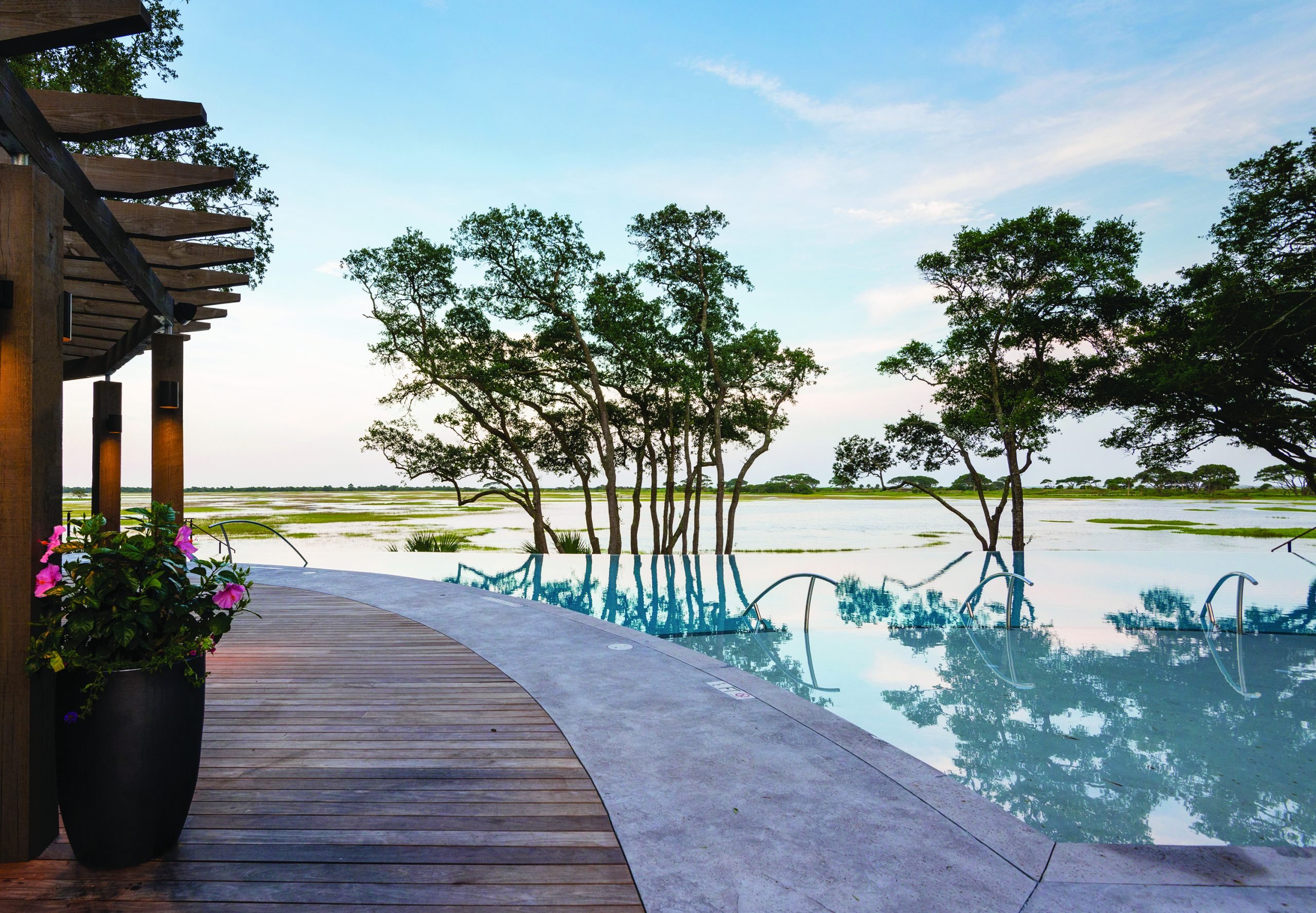
In 1988 the Kuwaitis sold their holdings to Kiawah Resort Associates, an investor group, for $105 million. Three years later, the now legendary Ocean Course hosted the Ryder Cup golf tournament, and when the American team won on the last shot of the last hole, the course—and Kiawah—garnered global attention. The Kiawah Island Club, whose venerable Beach Club was designed by famed architect Robert A.M. Stern, opened in 1993. Kiawah was growing, but always guided by a commitment to preservation.
In late 2012, Patrick Melton heard a rumor that Kiawah Resort Associates was ready to sell. Again, the South Street team went into all-hands-on-deck mode. In just a couple of months, South Street had a deal. For a reported $350 million, the firm bought, among other things, developer Kiawah Partners, the Kiawah Island Club, which included two of the island’s private golf courses, and 500+ undeveloped lots.
South Street both inherited and amplified the island’s tradition of environmental stewardship; they call it “designing with nature.” The partners knew that Kiawah residents were intensely protective of the island. And they were inspired by the fact that the previous owners had chosen to build the Ocean Course on land that could easily have been sites for 50+ homes. But the iconic golf course, which had hosted the PGA Championship in 2012 and would again in 2021, had a halo effect that was proving far more valuable than the potential revenue from the sale of land plots. In 1979, you could buy a three-bedroom oceanfront townhouse on Kiawah for about $225,000. Today, a similar home costs around $5 million. What was once considered a golf community is now a vibrant, thoughtfully modernized, highly coveted residential destination that has seen a huge increase in young members buying on the island.
South Street embraced the idea that conservation and amenities enhance value. In Ocean Park, for example, a Kiawah neighborhood with entitlements to develop 360 new properties, South Street committed to selling just 220 plots. Instead, they facilitated the creation of new parkland which is the first new island park developed since the late 1980s. “They are carrying the torch,” says Mark Permar.
And not just at Kiawah. South Street has exported the philosophy of designing with nature to subsequent properties, such as Palmetto Bluff and The Cliffs communities. Their first question, says Mark Permar, is, ‘How can we best understand the site in a way that we have as light a touch as possible?’”
Today, the firm is thinking about expanding west, to states like Colorado, Montana and Utah. Resorts there “would be very complimentary,” Randolph says. And in January 2023, South Street invested in Farmstead at Long Meadow Ranch, a beloved Napa Valley restaurant on whose adjoining land lies the possibility of building a small hotel. “Napa might be the tightest hotel market in the country,” Randolph says. “There’s a ton of value there.”
The value, Mark Permar says, stems from designing with nature. He knows that not all developers feel the same, and he’s grateful. “It could have gone very differently,” he says.

